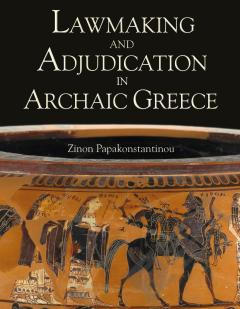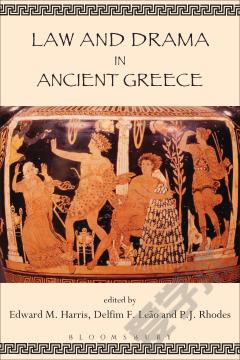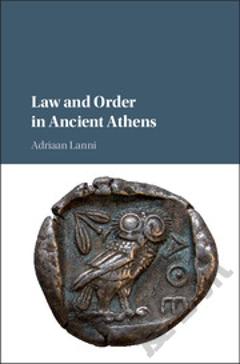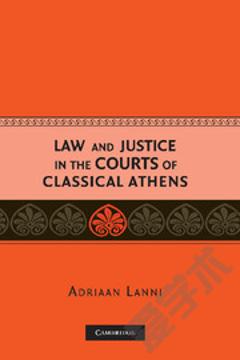Lawmaking and Adjudication in Archaic Greece
"Lawmaking and Adjudication in Archaic Greece" re-evaluates central aspects of the genesis and application of laws in the communities of archaic Greece, including the structure and function of legislative bodies, the composition of the courts, the administration of justice and the use and abuse of legal norms and procedures by litigants in the courts and everyday settings. Combining a detailed analysis of epigraphical and literary evidence and the application of a model of interpretation borrowed from cultural analyses of law, this book argues that far from being monolithic creations of archaic polities that unilaterally informed social life, archaic legal systems can be more appropriately viewed as ideologically polyvalent and socially complex.It includes legal norms and the administration of justice articulated associations with divine and secular authority but also incorporated, mainly in their reception and application by average citizens, discourses of utility and resistance that actively contributed in the composition of social relations.
{{comment.content}}








 京公网安备 11010802027623号
京公网安备 11010802027623号